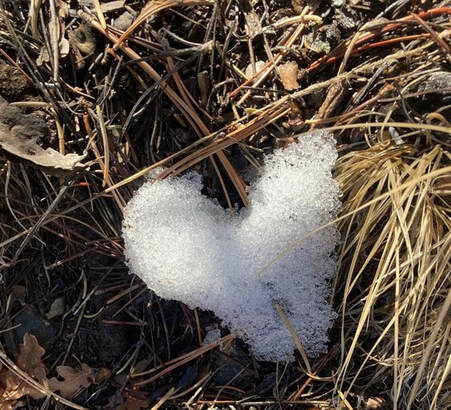|
The following story illustrates why I think the question is: How do I respond to violence?
The Son who wanted Revenge (Buddhist) There was once a king who attacked a neighboring country, killing the king and queen and many of their people. The king could not make himself kill the baby son of the couple and took him home to raise as his own son, a prince. The child grew up feeling loved by the parents he thought were his birth parents. Yet as he grew older the prince heard whispers and murmurs about a long-ago battle, about a baby boy rescued. In time, he confronted an old courtier and asked about the long-ago battle. At first the old man refused, but the prince persisted. “Tell me what you know,” he pleaded. In time, the old man told him how the king had attacked the neighboring country, that the man he knew as his father was the king who murdered his parents. The prince was filled with rage and decided it was his duty to kill his adopted father. He made and discarded many plans until he created one he knew would work. Every afternoon his adopted father sent his guards away and took a short rest. The prince sharpened his sword and prepared to act. The next afternoon, when he saw the king sleeping soundly in his royal chair, the prince moved behind the chair, lifted his sword and . . . Try as he might, he could not bring himself to lower the sword. The king awoke suddenly and saw his son with the sword raised. “Why do you have a sword in your hand?” “I know you are the man who murdered my parents. It is my duty to murder you, to avenge my parents’ deaths. But, to my great shame, I am unable to bring down my sword.” The king told his son to put the sword by his chair and sit beside him. “You have acted wisely and with compassion. Had you killed me my other sons would have felt it was their duty to kill you. When you have sons, they would feel it their duty to kill those who killed you. By being willing to lower the sword, who knows how many lives you saved today?” I share this story because it reminds me; we have choices. We can choose revenge and continue the cycle of violence or we can choose to do what we can to stop the violence, by deciding not to kill or maim. It takes courage and wisdom and emotional strength to resist taking revenge, which might feel good in the moment, but doesn’t bring back those who are dead. How we react to people around us makes a difference. When I was 19, I was hired to be a recreational therapist in a large mental hospital, in charge of a building of 300 women. I knew nothing about mental illness and received no training prior to beginning work. A chance encounter with an attendant in charge of a building housing violent women, who asked me to work with her patients, was a request I didn’t know how to say no to. I was frightened. I knew the previous recreational therapist working with the violent women had been beaten up so badly by patients she was hospitalized with life-threatening injuries. I didn’t know why they beat her up. I didn’t want to find out. I decided I would treat these “violent” women exactly as I did the patients in my building, as if they were healthy—whatever that meant, treating them with respect and kindness. The women responded with gratitude, letting me know how thankful they were to be out with me. I never felt threatened. I was never hurt. Much of the violence in the world is beyond our control. What is in our control is how we choose to live. Hate begets hate. Violence begets violence. Only lovingkindness—person to person—can stop the seemingly endless cycle of violence. What is your response to violence?
0 Comments
Leave a Reply. |
Monthly StoriesStories inspired by world tales to challenge and comfort. Archives
July 2024
Categories |
Copyright © Nancy King 2020 | Site Design by Angulo Marketing & Design
|
|
Nancy King is a widely published author and a professor emerita at the University of Delaware, where she has taught theater, drama, playwriting, creative writing, and multidisciplinary studies with an emphasis on world literature. She has published seven previous works of nonfiction and five novels. Her new memoir, Breaking the Silence, explores the power of stories in healing from trauma and abuse. Her career has emphasized the use of her own experience in being silenced to encourage students to find their voices and to express their thoughts, feelings, and experiences with authenticity, as a way to add meaning to their lives.
|


 RSS Feed
RSS Feed